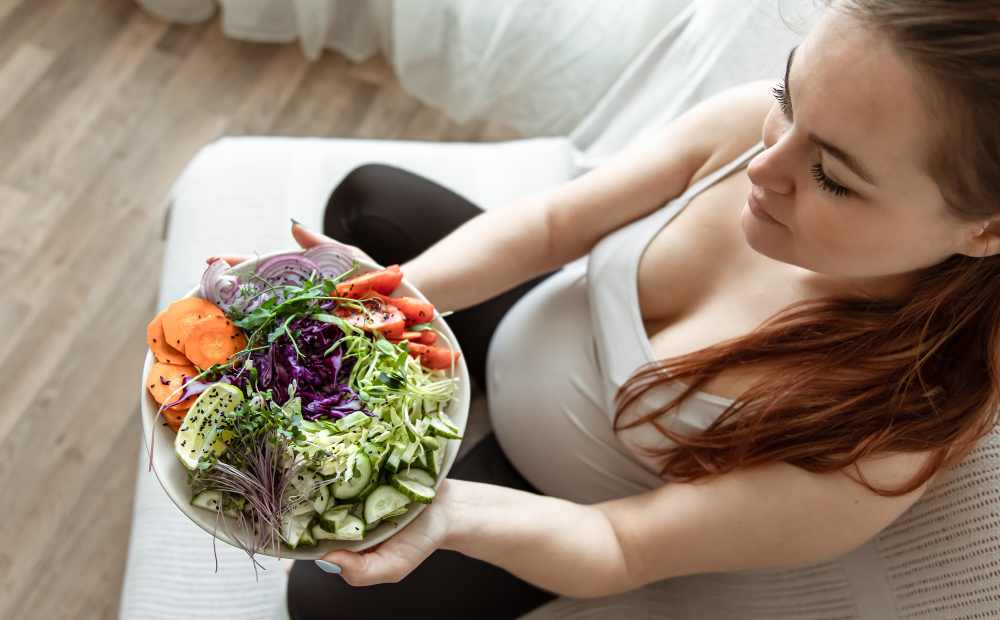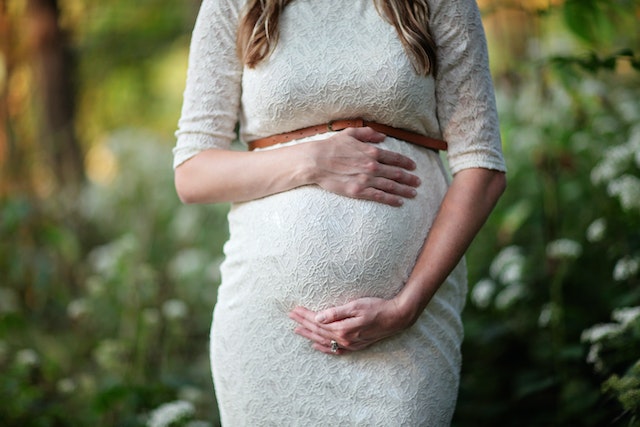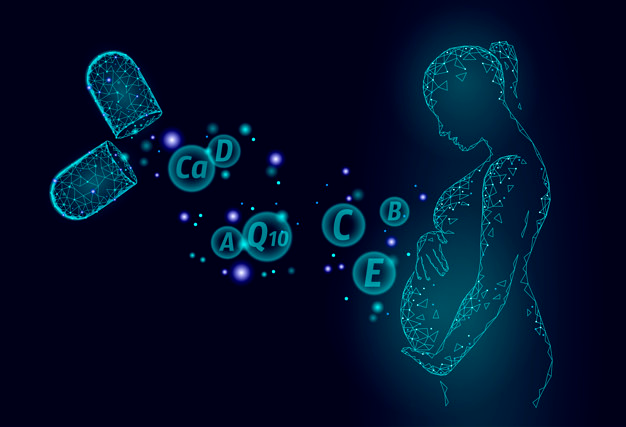Women undergo many changes during pregnancy; it is customary to gain weight because you are carrying a child in your womb. However, excess weight gain is not good for the baby and the mother as it may result in undesired consequences.
Excess weight can lead to gestational diabetes, high blood pressure, more prolonged labor, pre-eclampsia, and even cesarean emergence. Therefore, it is essential to eat the right food and at the right amount.
Many people believe that eating excess food during pregnancy is good as two lives are being fed, but it is just a misconception. Your body doesn’t really require extra calories, especially in the first trimester. Even in the second trimester, it requires only around 300 extra calories. In the third trimester, about 400 – 500 extra calories. These are equivalent to fruit. Therefore, all you have to do is eat enough, eat healthily and exercise.
Seven healthy food tips during pregnancy:
- Consume whole-grain food items such as brown rice, oatmeal, whole wheat bread as they are rich in fibers and vitamin B.
- Include healthy nuts such as walnuts, almonds, cashew as they contain a high amount of protein and are filled with magnesium and vitamin E.
- Eat fibrous fruits such as bananas, guava, mango, and apples and include vegetables as they are rich in protein and vitamins.
- By Taking reduced-fat dairy products, you can always have low-fat cheese or yogurt to maintain the balance of vitamin D in the body.
- Drink a lot of water. Water helps digest the food in the body and allows nutrients to circulate in the body. You should drink 8 to 12 cups of water during pregnancy.
- Include pulses such as soybean, green gram, and black-eyed beans in your diet.
- Replace large portions with small portions, i.e., instead of consuming three big meals, start intake of 5-6 meals throughout the day.
Things to avoid during pregnancy:
- Avoid junk foods as much as you can; stick to a healthy diet.
- Avoid fatty and spicy food as they may increase nausea.
- Limit the intake of sweets and toffees.
- Stay away from alcohol, soda, soft drinks, and ice creams.
- Limit the intake of caffeine-containing food items.
During pregnancy, you will often start experiencing constipation, diarrhea, and morning sickness. Let’s look at a few suggestions on how to deal with it.
- Constipation
Ensure you are drinking sufficient water throughout the day. In addition, increase levels of fiber intake, consume fiber-rich meals such as cereals, fruits, and vegetables.
- Heartburn
Avoid eating fast and the intake of spicy food, limit the amount of caffeine. Do not sleep directly after eating food.
- Diarrhea
Increase the intake of foods containing gum fiber and pectin to absorb excess water. Food rich in gum fiber and pectin includes oatmeal, bananas, white rice, and refined wheat bread.
- Morning sickness
Avoid intake of fatty, fried food. Consume cereals or crackers in the morning. Eat small portions frequently the entire day.
Regular and moderate exercise during pregnancy is always beneficial as it helps you stay healthy, improves posture, and decreases conditions such as fatigue and backaches.
Swimming and walking are classified as safe exercises for pregnant women. However, it is advisable to consult the doctor before undertaking any form of exercise.
Pregnancy transforms a woman’s body drastically, and all it requires is a healthy diet.
Excessive eating is not beneficial at all; eat sufficiently but not over. Consuming the required amount and the right kind of food and a little bit of exercise can help you manage weight efficiently.
![]()












